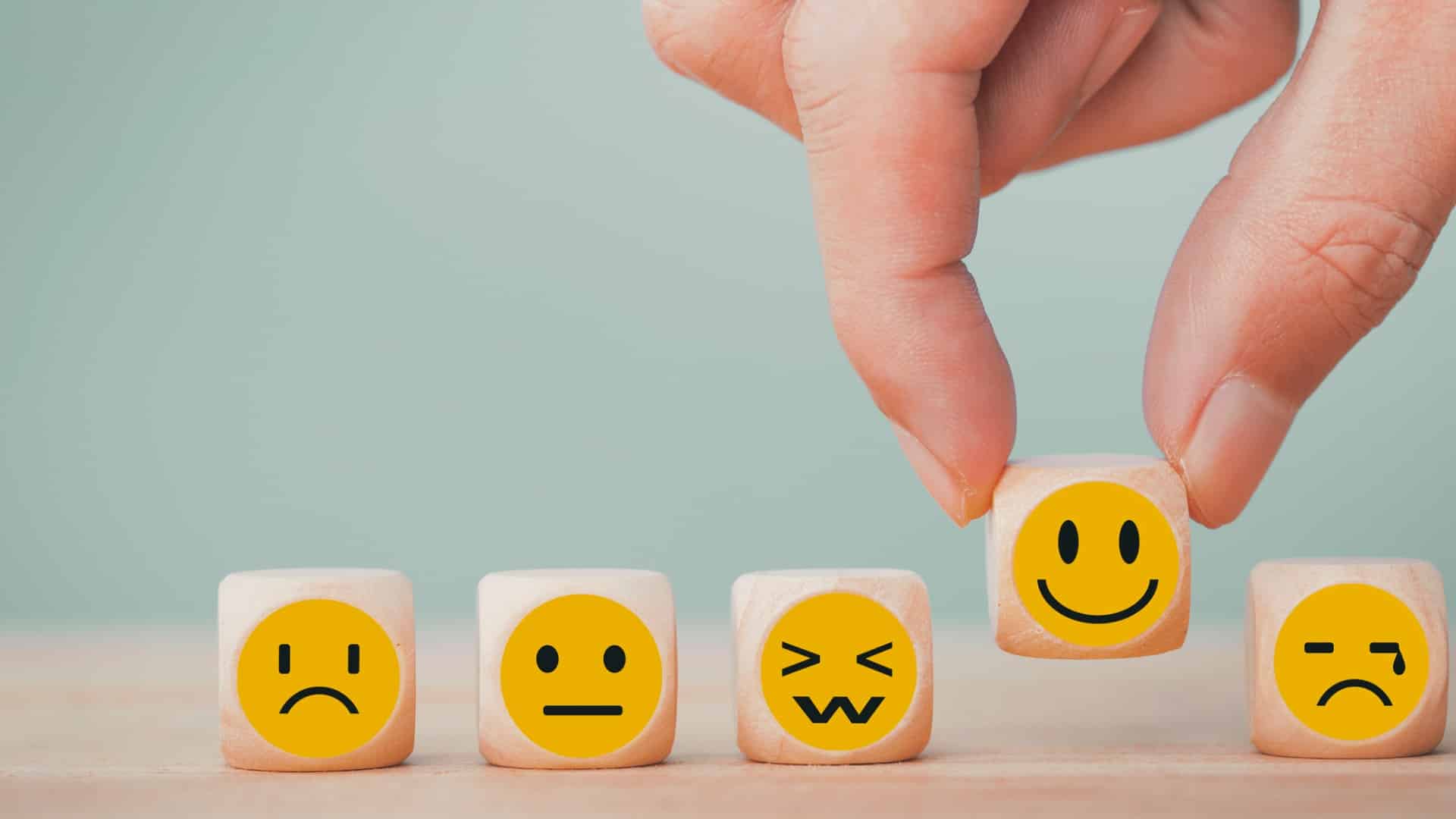In a world where productivity is often equated with success, it’s no wonder that so many of us reach for a cup of coffee to fuel our day. The allure of caffeine is powerful; it promises to turn us into efficient machines capable of juggling multiple tasks. But let’s be honest—how many of us actually feel revitalized several hours after that coffee fix? More often than not, we find ourselves in a loop of temporary highs followed by inevitable crashes, leaving us reaching for yet another cup. Isn’t it time we break free from this cycle?
The problem with relying on caffeine is that it’s just a band-aid solution. Sure, you’ll feel invigorated for an hour or two, but what about the rest of your day? What about the long-term impact on your body? In this article, we’re taking a deep dive into sustainable alternatives to caffeine that will help you maintain a consistent energy level throughout your day. We’ll explore the surprising power of hydration, the invigorating effects of moderate physical activity, and the often underestimated role of proper nutrition. Additionally, we’ll delve into lesser-known strategies like energizing breathing techniques. Finally, we’ll touch upon the psychological aspects of energy, showing you how a positive mindset can be a game-changer in your daily life.
Are you ready to throw away that caffeine crutch and embrace a more natural and lasting energy solution? Let’s dive in and uncover these electrifying hacks for a more energized you!

The Problem With Caffeine
The romance with caffeine starts innocently enough. Maybe it’s that first cup of coffee at a new job, or perhaps a soda to stay awake during late-night study sessions. But before you know it, caffeine becomes a daily ritual, an almost subconscious part of your routine. While it might seem like an innocent vice, the issues with caffeine go far beyond just the jitters or occasional sleepless nights.
Caffeine is a stimulant, and like all stimulants, it offers a temporary fix. It artificially boosts your adrenaline, providing a quick shot of energy and alertness, only to leave you crashing down once its effects wear off. This constant up and down can lead to a vicious cycle, one where you find yourself consuming more caffeine just to regain the energy lost from the previous caffeine crash. This cycle not only disrupts your natural energy levels but can also impact your focus and cognitive function over time.
Moreover, caffeine can mess with your circadian rhythm, your body’s internal clock that helps regulate sleep-wake cycles. Even though you might feel like you need that late afternoon pick-me-up, consuming caffeine later in the day can make it challenging to fall asleep at night, making you even more tired the next day.
And let’s not forget about dependency. Your body can become so accustomed to the regular influx of caffeine that you might experience withdrawal symptoms like headaches, irritability, and fatigue when you try to cut back.
So, while caffeine might offer a quick solution to your energy woes, it’s a double-edged sword that can lead to more problems than it solves. Isn’t it time we looked for better alternatives?

1. The Power of Hydration
We often overlook the most straightforward solution to our fatigue and low energy: proper hydration. Water is the essence of life, a vital component that makes up about 60% of the human body. Yet, it’s easy to forget how pivotal it is for our well-being, especially when we’re drowning in a sea of caffeinated beverages. When you’re dehydrated, even mildly, your energy levels can take a noticeable dip, affecting both your physical and mental performance.
Many people reach for caffeine because they mistake their body’s natural signals. A dip in energy or focus may simply be a sign that your body needs water, not a jolt of stimulant. Drinking enough water throughout the day can keep your energy levels stable, enhance your focus, and even boost your mood. Water helps in the smooth functioning of all the body’s systems, from the brain to the muscles, improving circulation and ensuring nutrients get to where they need to go.
Of course, adequate hydration doesn’t mean chugging gallons of water all at once. Too much water can dilute electrolytes and cause its own set of problems. Instead, it’s about consistent, mindful hydration. Aim for at least 8 cups of water spread throughout the day. You can add some natural flavors like lemon or cucumber slices to make it more appealing.
So, the next time you’re feeling that midday slump, instead of reaching for another cup of coffee, why not opt for a glass of water? It might just be the pick-me-up you need.

2. Move That Body
In a society that often prioritizes productivity over well-being, it’s easy to remain glued to our desks or screens for hours on end. But the irony is that this sedentary behavior can actually make us more tired and less productive. Exercise, on the other hand, is a fantastic energy booster, and you don’t need to run a marathon to reap its benefits.
Even short bursts of physical activity, like a 10-minute walk, can make a big difference. Exercise releases endorphins, the body’s natural mood lifters, and enhances the flow of oxygen-rich blood throughout your system. This can instantly elevate your energy levels, sharpen your focus, and improve your overall sense of well-being.
If you’re working a desk job, make it a point to get up every hour and stretch or walk around. You can also do light exercises in your workspace. A few squats, some jumping jacks, or even a quick jog up and down the stairs can do wonders for your energy and productivity. These physical activities are also an excellent way to break the monotony and stress of a busy day.
Incorporating exercise into your daily routine doesn’t require a gym membership or specialized equipment. Simple activities like walking, cycling, or even dancing to your favorite music at home can be potent energy boosters. Exercise isn’t just good for your physique; it’s a fuel for your energy levels as well.
So, why not shake off that inertia? A more energetic you could be just a quick workout away!

3. Nutrition: The Real Fuel
Most of us have a love-hate relationship with food. We love the taste, the ritual of meals, but we often hate the aftermath—especially when we make poor choices that leave us lethargic and sluggish. When it comes to sustaining energy levels, what you eat is just as critical, if not more so, than how much you sleep or exercise. Forget caffeine; food is your body’s primary source of energy, and the quality of your nutrition can either make or break your day.
But how do you differentiate between foods that drain your energy and those that fuel you? The key lies in choosing foods that provide a sustained release of energy rather than a quick, fleeting boost. That means leaning towards whole grains, lean protein, fruits, and vegetables. These types of foods are rich in essential nutrients and fiber, which help regulate blood sugar levels, preventing the dreaded ‘crash’ that comes after consuming sugary or highly processed foods.
Also, don’t underestimate the importance of meal timing. Eating regular meals and healthy snacks can help maintain your energy levels throughout the day. Skipping meals, particularly breakfast, can cause your energy to plummet, affecting your mood and concentration. And let’s not forget about portion sizes; overeating can lead to a sluggish feeling, whereas eating smaller, balanced meals can help keep your energy levels in check.
If you’re looking for a real energy fix, the answer may be right on your plate. Make smart nutritional choices, and you’ll find yourself less reliant on caffeine and more energized naturally.

4. Breathing Techniques
You might wonder what breathing has to do with energy. After all, isn’t breathing automatic? Surprisingly, the way you breathe can have a dramatic effect on your energy levels. The problem is that many people have developed poor breathing habits, such as shallow breathing, that limit oxygen flow to vital organs and tissues. And, low oxygen levels can result in fatigue and a lack of focus.
Practicing specific breathing techniques can help you optimize your oxygen intake and make you feel more alert and energized. One popular method is the 4-7-8 technique, which involves inhaling through the nose for four seconds, holding the breath for seven seconds, and then exhaling through the mouth for eight seconds. This technique not only increases oxygen in the blood but also promotes a sense of calm and focus.
Another effective technique is diaphragmatic breathing, or “belly breathing,” where you consciously engage your diaphragm while breathing. This allows you to draw deeper breaths, which can improve oxygen supply and, consequently, elevate your energy levels. Practicing these breathing techniques for just a few minutes throughout the day can offer a more sustained and natural boost than any caffeinated drink.
Don’t underestimate the power of proper breathing when it comes to enhancing your energy. If you’re feeling drained, a few deep breaths might be all you need to revitalize your spirit and get back into the game.

5. Positive Mindset
Energy isn’t just a physical state—it’s also a mental one. Your mindset can significantly influence how energetic or lethargic you feel. We’ve all had those days where the weight of stress, negativity, or apathy feels like an anchor, draining us of the energy we need to get through our to-do list. The good news is that shifting your mindset can be one of the most potent energy hacks out there.
Visualize success and positivity as you start your day. This mental framing sets the stage for an energetic day ahead. Research suggests that people who engage in positive affirmations and visualizations can experience increased energy, focus, and productivity. Furthermore, the concept of a “growth mindset,” coined by psychologist Carol Dweck, can also contribute to your energy levels. A growth mindset fosters the belief that skills and success can be developed through dedication and hard work. This perspective not only gives you a sense of purpose but also equips you with the energy to chase after your goals.
Avoiding toxic negativity is equally crucial. Surround yourself with positive people and energies, as the negativity from external environments can be as draining as internal stress. Implement a few moments of gratitude or mindfulness exercises to center yourself. This mental refocusing can do wonders for your energy levels.
Conclusion
In a world where we’re often drowning in coffee and quick fixes, these five energy hacks offer something invaluable: sustained, natural vitality that comes from within. From rethinking our caffeine crutch to understanding the power of hydration, movement, nutrition, breathing techniques, and a positive mindset, we’ve explored multiple facets of what truly fuels us. These strategies offer more than just a temporary boost; they pave the way for long-term improvements in how we feel each day.
The message is clear: you don’t need to rely on external stimulants to feel alive and energized. Your body and mind have all the tools you need—you just have to know how to use them. Embrace these methods, and you’re not just adopting new habits; you’re initiating a transformative lifestyle change. So, let’s lift that anchor and set sail for a life full of genuine, exhilarating energy. The journey to reclaiming your vitality starts now!
















